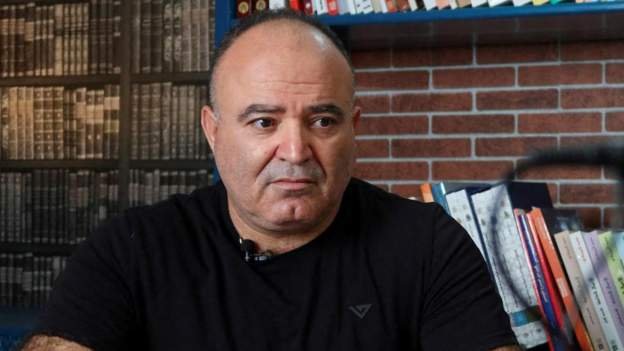Tunisian Journalist Behind Bars: Defamation Case Stirs Controversy
The sentencing of journalist Mohammed Boughalleb to six months in prison for defamation highlights concerns about press freedom and freedom of expression in Tunisia. Boughalleb’s case underscores journalists’ challenges in reporting on sensitive issues and holding public officials accountable.
Boughalleb’s detention and subsequent conviction raise questions about the judiciary’s independence and the journalists’ ability to operate without fear of reprisal. The use of defamation laws to silence critical voices is a troubling trend that threatens the democratic principles of transparency and accountability.
The national journalists’ union and international organizations such as Reporters Without Borders condemned Boughalleb’s conviction, underscored the widespread concern about the erosion of press freedom in Tunisia. Such actions undermine the credibility of the Tunisian government and hinder the country’s progress towards democratic governance and respect for human rights.
Efforts to silence journalists and restrict freedom of expression must be met with strong condemnation from domestic and international stakeholders. Upholding press freedom is essential for fostering a vibrant and pluralistic media environment and ensuring that journalists can fulfill their vital role as watchdogs of democracy.
Tunisia needs to uphold its commitment to freedom of the press and ensure that journalists can carry out their work without fear of persecution or reprisal. A free and independent media is crucial for fostering transparency, accountability, and democratic governance.
The Tunisian government should review defamation laws to ensure they are not used to stifle legitimate criticism or dissent. Instead, the legal framework should protect journalists’ rights to investigate and report on matters of public interest without undue interference.
International partners and organizations can be crucial in advocating for press freedom in Tunisia and supporting journalists who face harassment or persecution. Diplomatic pressure, advocacy campaigns, and legal assistance can help raise awareness of the importance of a free press and hold governments accountable for violating journalists’ rights.
A vibrant and independent media sector is essential for Tunisia’s democratic development and progress. Safeguarding press freedom is a matter of protecting journalists’ rights and a fundamental pillar of democracy and human rights.


















